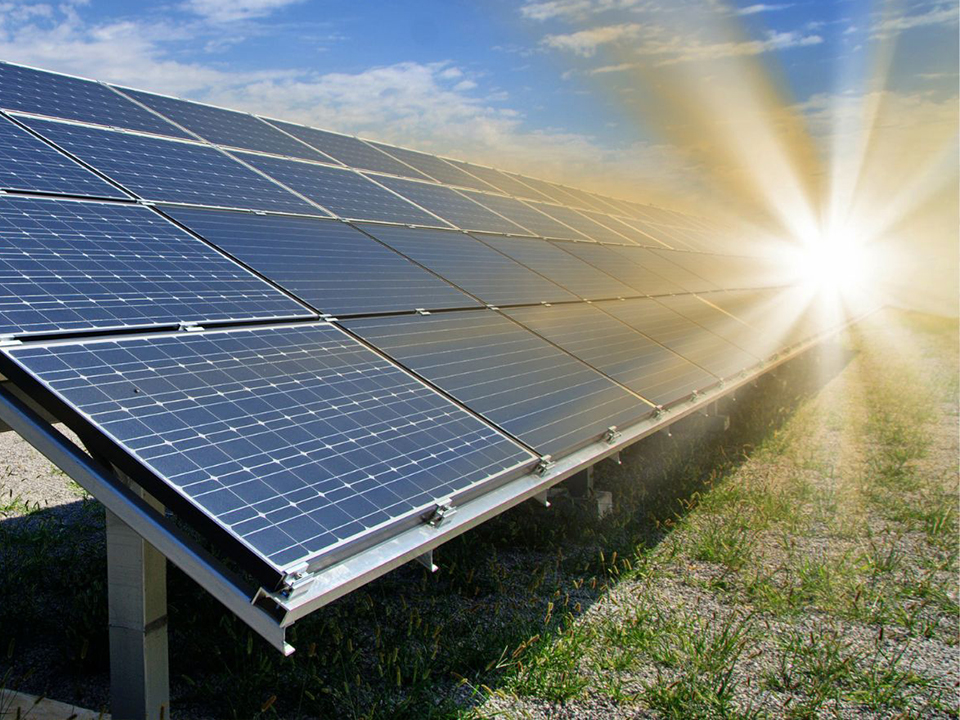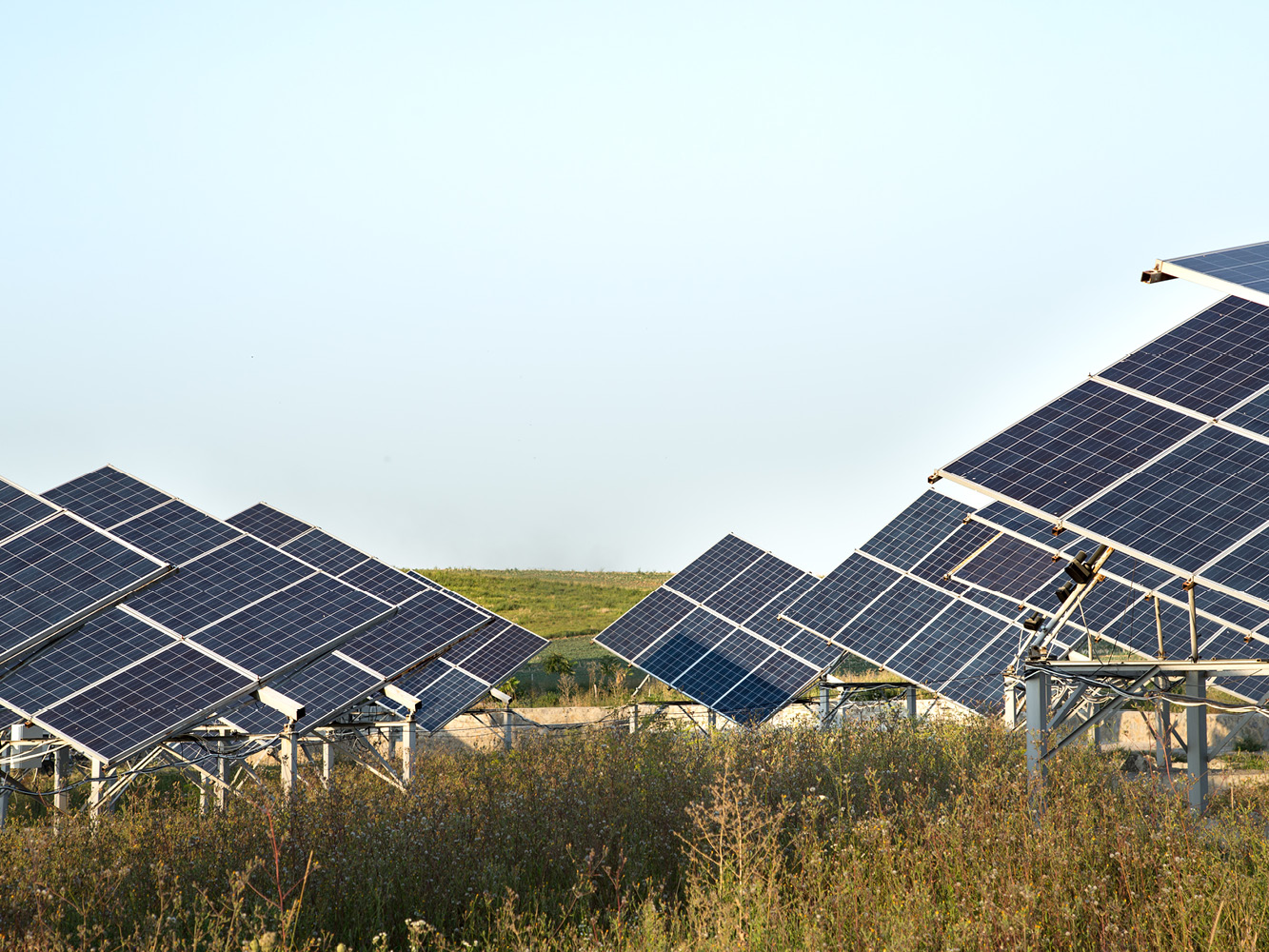
On April 20, 2023, L.41/2023 was passed, which converted Decree Law 13/2023 into law, bringing great news on permitting, eligible areas, agrovoltaics, hydroelectric, biomethane and more.
A part of the decree is dedicated to simplification measures aimed at supporting the production of electricity from renewable sources, and although the subject is very topical, it consists of only a few articles.
However, the emergency legislation has intervened on several of the issues that are close to the hearts of professionals in the sector.
Of all the novelties, the greatest is certainly the simplification of the installation of certain photovoltaic systems ordinary maintenance activities. This situation leads to 3 considerations: the first concerns to the mandatory application of the new discipline at the expense of more structured procedures. It is well known that some authorities have interpreted the discipline of the Simplified Permit Procedure (PAS) in a rigid way, so much so that they have rejected Single Authorization (AU) applications considering the simplified procedure more suitable. This situation has prevented applicants from obtaining -for the works under construction- more comprehensive and consequently more protective administrative measures. One wonders, therefore, whether the reasoning may not replicate itself in an even more dangerous way for “ordinary maintenance,” entailing a postponement of controls to the completion of works, thus reducing the possibility of adopting any remedies in a useful time.
The second consideration concerns the need, if one decides to use the tool of ordinary maintenance, to fulfill requirements of a different nature than those of authorization. One thinks, for example, of the communications addressed to the Civil Engineers in the seismic field, the application of the requirements of the current Master Plan or compliance with the buffers imposed by other sources of law.
Finally, it should be noted that, if for PAS the legislature has taken care to finally define the moment from which the terms for third parties to oppose the project begin to run, that is, from the publication of the PAS declaration in the Official Bulletin of the competent region, in the case of ordinary maintenance, on the other hand, no clarity has been made on the terms. A gap that reopens the debate that has accompanied simplified enabling procedures in recent years.


